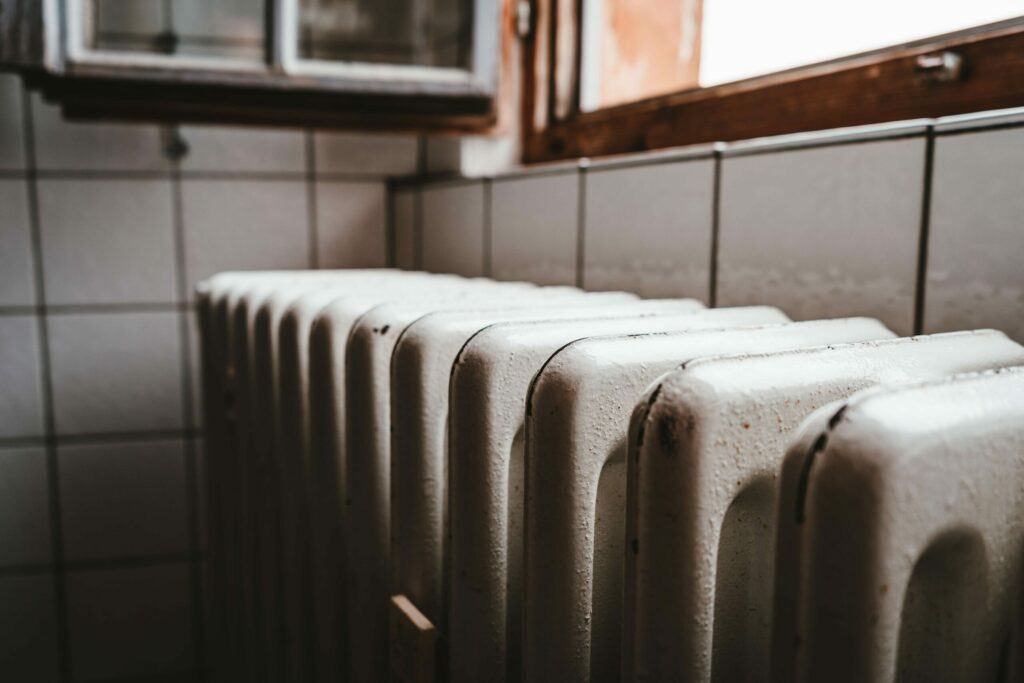Lun, Jun 19th 2023

Swiss voters on Sunday had the chance to decide the fate of three issues facing the nation: a proposed minimum tax rate for international companies in Switzerland, a ban on fossil fuels to meet certain climate objectives and the controversial extension of current Covid-19 emergency laws.
Voters approved all three measures. Let’s take a deeper look at what this means for Switzerland.

The tax reform is aimed at creating greater tax equality globally by requiring a minimum tax rate of 15% on multinational companies. The initiative, which was proposed by the Organization for Economic Co-operation and Development (OECD), asks Switzerland as an OECD member to comply with its proposal.
Currently, 21 of the 26 Swiss cantons have tax rates below 15% as Switzerland has long been a favorite country for international companies to set up shop in. These are some of the lowest corporate tax rates in the world; which some cantons argue are necessary to attract companies to headquarter in Switzerland, despite high cost-living rates.
On Sunday, 78.5% of Swiss voters greenlit the tax reform which will be implemented at the beginning of 2024. The new tax will bring in between 1 and 2.5 billion Swiss francs, especially in Basel and Zug where large pharmaceutical companies are based. But the entire nation will benefit from the inter-cantonal financial equalization, according to the Federal Council.
However, the new tax rate may not be as beneficial as proponents estimate it will be, according to the Social Democratic Party (SP) who fought the amendment. Critics of the tax, such as financial aid group Alliance Sud, argue that the additional income would “flow back indirectly to the corporations instead of relieving the burden on the population.”
“In a few years we will know better how much additional income will be generated at all,” Finance Minister Karin Keller-Sutter told Keystone SDA.

Nearly 60% of Swiss voters approved a proposal to achieve a net-zero target for greenhouse gas emissions by 2050, including CHF 3.2 billion to fund replacing fossil fueled heating systems with electric heating, among other projects.
For now, Switzerland will aim to cut emissions by 75% by 2040 (based on 1990 levels), while it ramps up domestic electricity production. Environment and Energy Minister Albert Rösti says the nation cannot rely on imported electricity “even if we have an electricity agreement with the EU.”
Homeowners must aim to reduce emissions by 82% by 2040, and businesses must reduce emissions by 50% over the same timeline. The transport industry has a 57% reduction aim. By 2050, those emissions must drop to zero.
Voters in urban regions and in western Switzerland tended to vote yes to the climate law, while suburban and eastern Swiss voters tended to vote no on the proposal. The right-wing Swiss People’s Party (SVP) says the measure is an “electricity guzzler” that will harm the population and economy as it will have to rely solely on electricity in the midst of an energy crisis. The SVP campaign manager Michael Graber told Keystone SDA that these “utopian” goals cannot be met.

The most controversial of the three issues was the decision to extend Parliament’s emergency powers another year when it comes to Covid-19 measures. About 61% of Swiss voters approved Swiss Parliament’s ability to reinstate pandemic measure such as closing borders, allocating financing for Covid medications, and reinstating the Covid Mobile Certificate.
While the World Health Organization (WHO) says the pandemic has ended, Federal President Alain Berset says the nation must remain vigilant as the virus still exists in the Swiss population. Berset, who is currently being investigated for Covid information leaks to the press, says the measures will protect the most vulnerable in Switzerland.
Earlier this year the “Mesures NON” group collected enough voter signatures to trigger a voter referendum that would undo Parliament’s extension of Covid regulations under the notion that the restrictions are discriminatory; but that referendum did not pass ultimately.
Este artículo puede compartirse y reimprimirse libremente, siempre que se incluya un enlace al artículo original.
